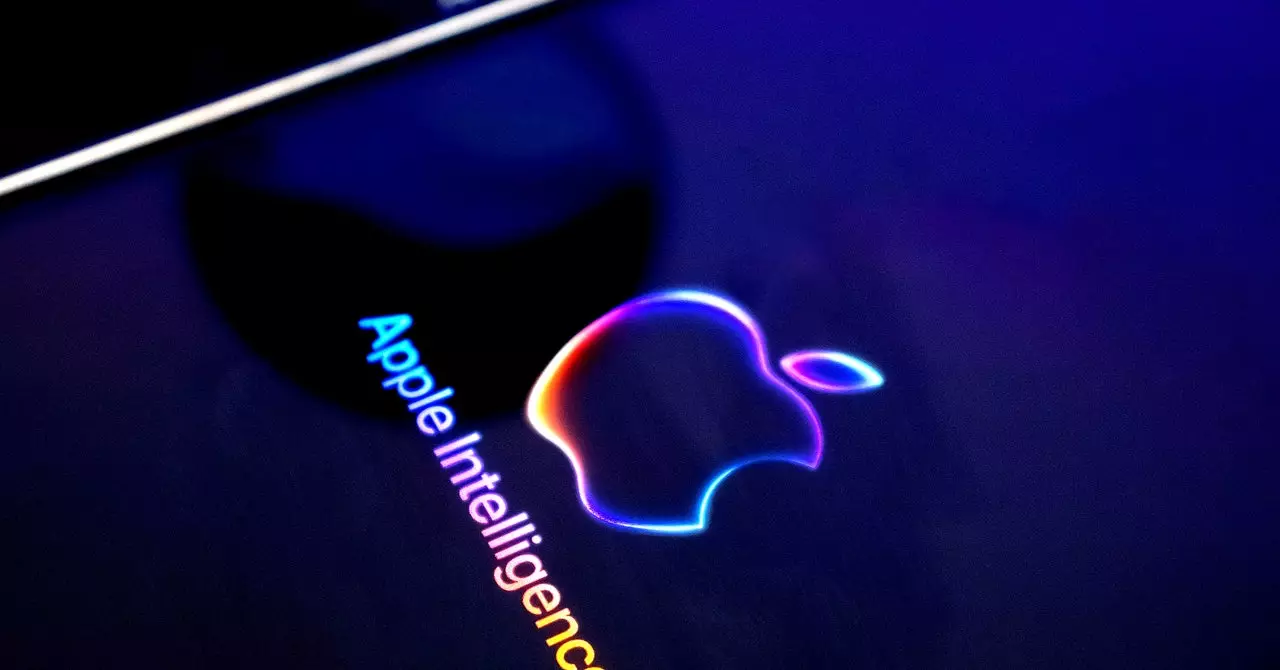Privacy and security are fundamental aspects of the Android AI approach, according to Google and its hardware partners. VP Justin Choi from Samsung Electronics emphasizes the importance of user control over data and uncompromising privacy. He highlights how hybrid AI features ensure that data is processed securely in the cloud and protected by strict policies. Additionally, on-device AI tasks are performed locally without storing data on the device or uploading it to the cloud, adding an extra layer of security.
Google boasts about its data centers’ robust security measures, including physical security, access controls, and data encryption. The company assures users that when processing AI requests in the cloud, data remains within secure Google data center architecture, with no information being sent to third parties. Samsung’s AI engines are also not trained with user data from on-device features, further solidifying the commitment to privacy and security.
Building Trust through Responsible AI
Google emphasizes its long history of protecting user data privacy, whether through on-device AI models or cloud-based models. Suzanne Frey, vice president of product trust at Google, affirms that sensitive data never leaves the phone when using on-device models for tasks such as screening phone calls. Google’s responsible AI principles ensure that features are secure by default and private by design, aligning with industry standards.
While Google and Samsung prioritize privacy and security in Android AI, experts believe that Apple’s AI strategy has transformed the conversation. Apple’s focus on on-device, privacy-first models sets a new standard in the industry, shifting the emphasis from where AI is processed to how it is done. Despite this innovative approach, Apple faces challenges in the AI privacy battle, such as the partnership with OpenAI, which raises concerns about iPhone security.
Apple’s deal with OpenAI has sparked debates about privacy protections and user data sharing. While Apple claims to have privacy protections in place for users accessing ChatGPT through the iOS ecosystem, questions remain about data use policies and potential privacy risks. Partnering with an external vendor like OpenAI signifies a shift in Apple’s strategy, raising doubts about the company’s commitment to privacy and security.
While Google, Samsung, and Apple prioritize privacy and security in their AI features, challenges and controversies persist in the industry. As technology advances and AI becomes more integrated into everyday devices, the need for stringent privacy measures and user control over data will only grow. Balancing innovation with responsibility is key to building trust and maintaining the integrity of AI-powered technologies.


Leave a Reply